This is the year Riz Ahmed will get an Oscar nomination. I’m calling it now!
For years, I’ve watched him break boundaries for so many South Asian creatives and it’s fun to see him (and even Dev Patel!) during this awards season.
Now…
South Asian representation during awards season isn’t always great. Sure, we’ve had Slumdog Millionaire, Lagaan, and Ben Kingsley recognized, but we’re rarely in the mix.
(But actually watch this song because it’s stunning and so is this film, in my opinion).
Because of this rarity, Hollywood will now pat themselves on the back and think that they’re doing enough in terms of representation South Asian stories and voices.
Wrong.
You know that episode of Master of None, (Episode 3; Indians on TV) where Aziz's character is asked to do an accent in an audition? He refuses and then is dismissed.
Yeah… that’s happened to me. I remember is very clearly. I was asked to do an Indian accent that was AND I QUOTE “Apu level” in terms of how stereotypical they wanted it.
Sigh.
Even in 2021, a time where the industry champions new voices, I’ll still get auditions for stereotypical parts that make me scratch my head. When these auditions comes in, I often turn them down. When I was newer, any audition was a chance to perform and book a job so…I’d do all of them.
But times have changed and I personally say no if I don’t love the material. But as a kid, I had a different perspective. I just wanted to perform.
*insert flashback*
In a galaxy, far, far, away (aka Tennessee)…
I have wanted to be an actor since I was six years old. I remember watching old Bollywood movies, mouthing the words endlessly and dancing up and down. I leaned over to my parents and told them "I’m going to do that." And in true Indian parent fashion, didn’t really think anything of it since it wasn’t a “viable” career option.
However, at six, I hadn't grasped where or how to achieve this goal, but I was fascinated by performing. And the creation of art.
Sometimes I ask myself this very question: why am I still in this industry?
Hell, last week I called my drama teachers from high school to ask them if I should quit or not.
It’s tough for anyone trying to break in, no matter who they are or what they look like, and it can require lots of patience. Which I don’t have. I’m a Capricorn, Aries, And Gemini combo. I like to win and win quickly.
However, as I grew up I noticed that there was no one on American television that looked like me. Everyone was a shade lighter, a bit skinnier.
Clone-like.
I was perplexed. But no one ever bogged me down. Not even my relatives who constantly asked me when my acting "phase" would end, so I could focus on truly any other career path.
Ever since I can remember, theater and music have been the constants in my life. Living just hours away from the "home of country music," Nashville, Tennessee, I was privileged to witness the sights and sounds on every street corner. Lights flash as fiddles and banjoes play in the background. I loved the loud, upbeat tempo of the bluegrass bands playing for people relaxing in lawn chairs and blankets; sprawled out on the thick grass, just listening. I played piano, went to theatre camps, sang, danced, took acting lessons, and was honestly lucky my parents were okay with this.
I remember closing my eyes and picturing myself somewhere else: in India with ragas and dhols playing or a Broadway musical, full of sounds sure to be ringing in my head months later. I had a truly blind love for performing. And it sometimes makes me fail to see the obvious. Growing up, I was often times the only Indian person in a room.
Or, at least I never used to notice.
I had been performing for a few years. Then high school hit. I had auditioned for a regional theatre play, and was fortunate to make it through each of the callback rounds.
And I really wanted to book it. Mind you, I was 15 (and basically an idiot) and took this stuff VERY seriously.
I had already won in my mind. I waited anxiously for days until I received a call from the director. This was the moment. I was going to get the part and I’d feel on cloud nine. Oof, silly child. How wrong you were.
"Vishaal," they said, "We loved your audition but I'm sorry, my dear, we went with someone more traditional looking for the part.”
I’m sorry, what?
What does that even mean? If I wasn’t the best person for the part, fine. I could handle that.
BUT TRADITIONAL LOOKING?
Let’s not forget that this was the early 2000’s and at a small regional theatre in Tennessee. Diversity wasn’t their priority nor was is a talking point at the time. Nor was subtlety apparently.
The producers went with a tall, white, brunette guy. The prototypical leading man. I was so startled, I didn't know what to say; race had never been an issue for me in the past, and after all, acting was my passion. I tried to check my pride and take it in a dignified manner. The guy was a fellow actor and I should be happy for him.
Right?
I’m such a nerd for acting. I always have been. But for the first time, I doubted myself, wondering, do I really have what it takes to become a successful artist? Am I good? Is my look interesting enough? And also, would I ever work? I never really saw a major Indian movie star working in Hollywood. So, what did that mean for my own career? Even at 15, I was questioning this. And at 30, while I have more confidence in my work, self, and abilities to create my own spaces, I STILL question this.
I talk to a lot of fellow South Asian artists about this stuff. And I am surprised by how many friends have had similar experiences in the industry.
I must say, things have gotten better! There are so many more South Asian artists creating, producing, and starring in tv, film, and theatre. There have also been an influx of content creators who are showing people that you don’t have to wait around for the industry to hand you opportunities. It’s really inspiring to see. But it doesn’t mean we have to stop working.
According to this wonderful article by Alisha Grauso on Atom, “UCLA’s 2020 diversity report found that in 2018, only 4.1% of all film roles were held by Asian actors. Not just South Asian – Asian, period, despite them accounting for 5.6% of the population and being the fastest-growing minority group in the United States. So we can expect the percentage of film roles that went to South Asians to be even lower than that, though there are roughly four million Indians and 500,000 Pakistanis in the U.S. On the TV end, APAMC released its annual TV network report cards earlier this year and found progress in South Asian (or Asian Pacific Americans, the term they use in their report) representation has plateaued. In general, South Asian representation in Hollywood has lagged behind a number of minority groups, and they’re still fighting against certain limiting stereotypes, such as Indian males always depicted as playing characters who are nerdy, awkward, and somewhat emasculated – in other words, not seen as leading men.”
This got me thinking: why don’t we see more of us in Hollywood, not just on camera or stage, but behind the scenes? Why aren’t there more of us on Broadway? Why don’t we see more South Asian’s in awards season? Why aren’t more of these stories being produced with lots of money behind them? Why aren’t people taking more chances on us as artists, rather than a token diversity hire? And what emboldens people to say these things to us?
Again. I will reiterate. THINGS HAVE GOTTEN SO MUCH BETTER. Every time there’s a South Asian person on my screen, I cry. No seriously, ask my friends.
Artists often forget that IS indeed a business. A business run by a majority of white dinosaurs in suits. People are in this to make money and they will do everything they can to make a profit, even if the content isn’t quality or the cast isn’t diverse. But when we don’t see more underrepresented communities in major projects, it reinforces this idea that our stories aren’t enough. Nor are we as people. When we don’t see enough diversity behind the scenes making the work, it tells us that we don’t deserve access to these spaces.
None of which is true. If this thinking continues, nothing will change.
Minority actors understand this all too well. Often times the roles we are allowed to audition for are limited. Even with such an immense push for diversity, we are still asked to do accents, wear the traditional garb of our motherlands, and are given slightly offensive material to work with.
I was once asked to do a "Middle Eastern or Indian accent" for an audition.
What does that even mean? To lump different cultures, dialects, and regions together as if they are one, just shows a lack of knowledge from the people in charge of studios, theater companies, and creative teams.
An actual conversation with a casting director:
CD: So this guy is a Syrian refugee. Are you okay growing a beard? Also, can you do an accent?
Me: What kind of an accent? Also, I’m not Syrian so maybe I’m not the right person for….
CD: Oh, anything that sounds Middle Eastern is fine!
END SCENE.
Does this mean I’ll never put on an accent for a character? No! But I will be more mindful of the types of projects I go in for and will also look at the context for an accent in a script. Often times, there is no context. We’re just being set up as the butt of a joke.
We are more than the caricatures our artistic community continually portrays us as. We have substance. We have training. Yet, many times we are mocked, instead of embraced. We are more than just our skin color and ethnicity. We are strong. We are fighters. So why are we portrayed as weak and oppressed in most roles?
I often have white people tell me “if you’re so offended, why not just say no to the project?” My favorite thing I’ve been asked is “things have gotten better, why can’t you just be happy?”
While I can acknowledge that things have gotten better, I refuse to believe that wanting more is a bad thing. Also, is it our responsibility to refuse parts that we find offensive? Well, maybe? Or maybe not? A gig is a gig. People want/need to work. People have to put food on the table and pay bills. The scarcity of opportunities forces people to make these tough decisions. It forces us to compete. Do we go with artistic integrity or do we take the paycheck and hope it gives us more artistically fulfilling opportunities later?
I don’t have an answer.
So what can we do? We can keep fighting and talking about this issue. We need to encourage a more equitable playing field in general. We won't be able to change this industry if we don't have writers, producers, managers, agents, and executives who are of diverse backgrounds and genders. We need to tell these stories so that people listen and respond.
All we ask for is the opportunity. Opportunity is the key word here. Without it, I would be nowhere as a performer. I am grateful for every acting opportunity I have been given and they have taught me a lot about my artistry.
I am so utterly grateful for the people who just saw me as an actor. Not an “ethnic” actor. Not an accent. Not a skin color. But an artist. Are some of these stereotypes rooted in truth? Absolutely! But let’s change it up and try something new. Let’s challenge the norms that we’re often plagued with in Hollywood. Let’s work together to create out own art. Because THAT is what we can control.
This is more than just than awards season. This is more than just this piece. This is a crucial conversation that needs to be had, one that is complex and there isn't an easy solution to. As long as I’m in this business, I’ll never stop having it.
This purpose of this piece is not to bash anyone or specific group. It is to voice an issue that many people deal with, not just within the acting world but also all over. This is just my take on the situation and through my own experiences (and conversing with other South Asian artists).
When I am performing, the adrenaline is running through my veins. It pulsates as the rhythm overtakes me. Lights and smoke surround me. Slowly, I approach the microphone awaiting me on the dark, wooden stage. I have chills on my arms and back. The music starts to play and I sing. I'm not sure if the lyrics are right, but I don't care. I just keep singing. I wait for that one note that always gets me. It eventually creeps up and I hit it just perfectly. The minutes go by like hours. The lights fade and everything is a blur. I hear a clap from the audience. Not one but two. The audition is over and I'm floating. I am reminded how much I love doing this. And it’s all so many of us want to do. To create art. To fail. To be afforded opportunities. To be seen as fully realized, complex humans. And to do it all over again.
Is that too much to ask?




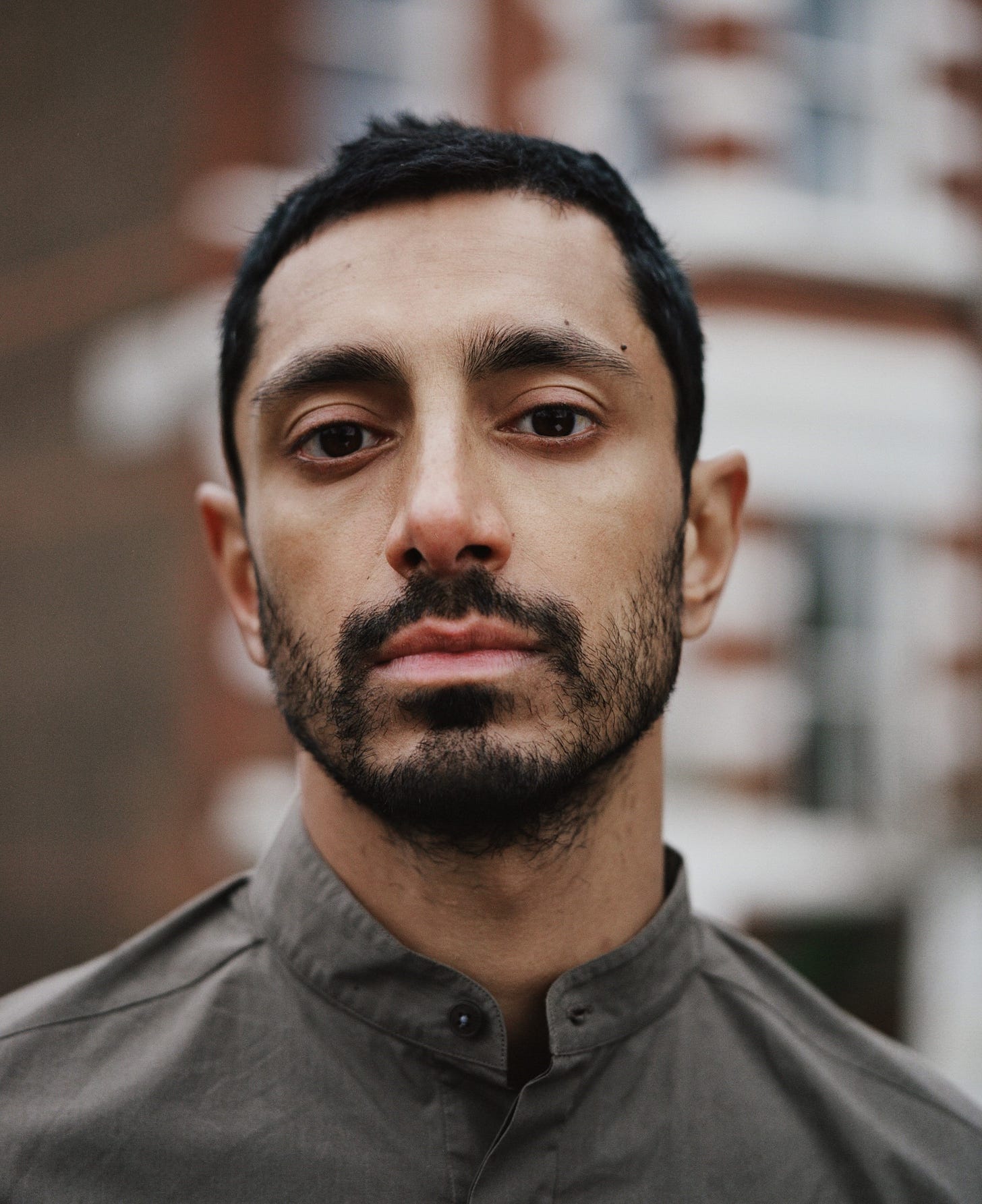
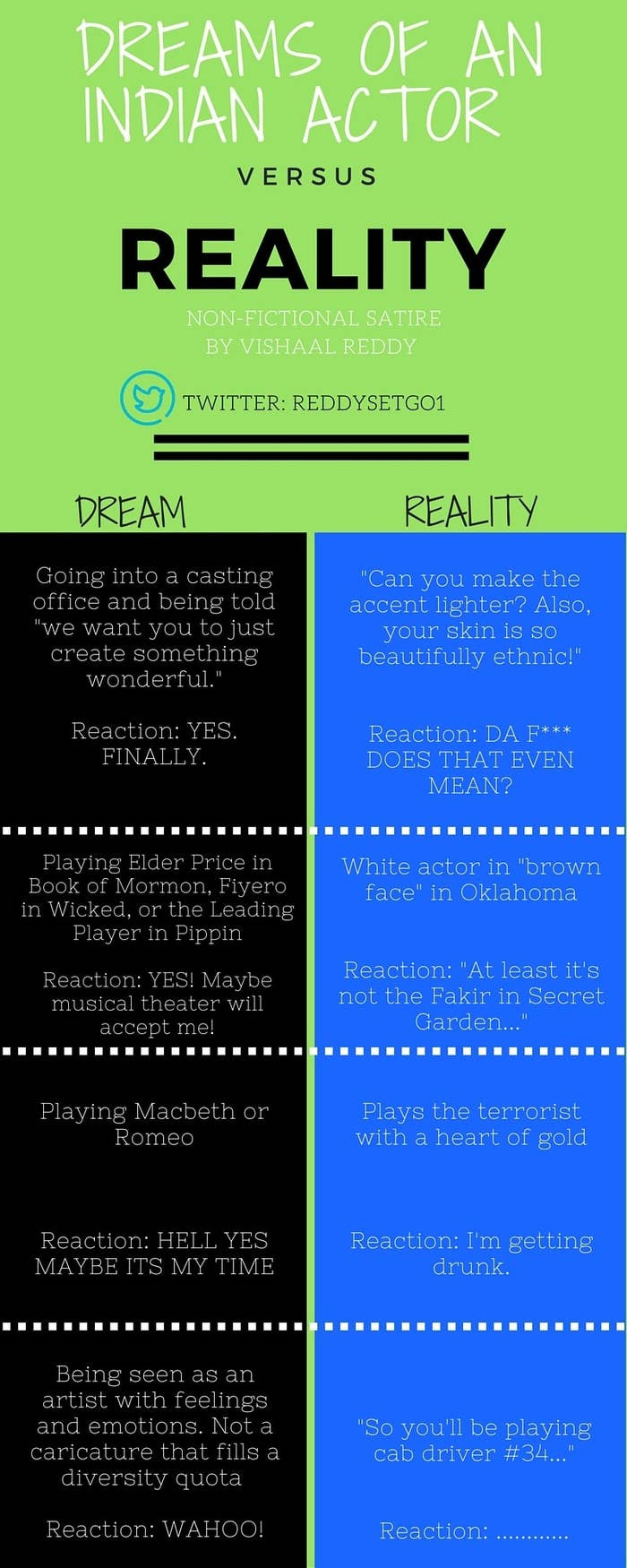
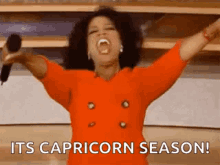

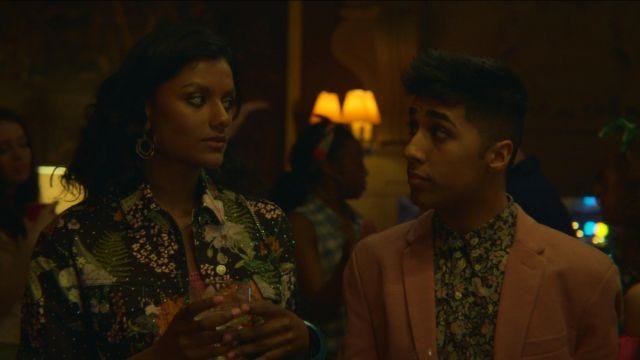
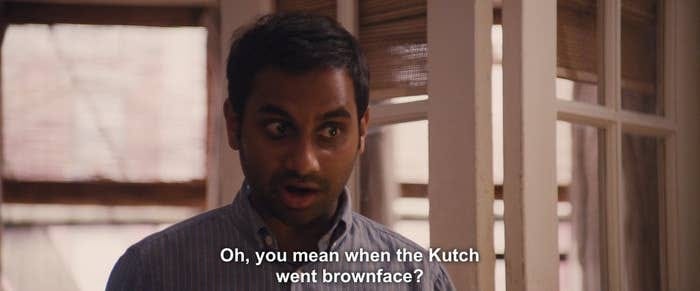
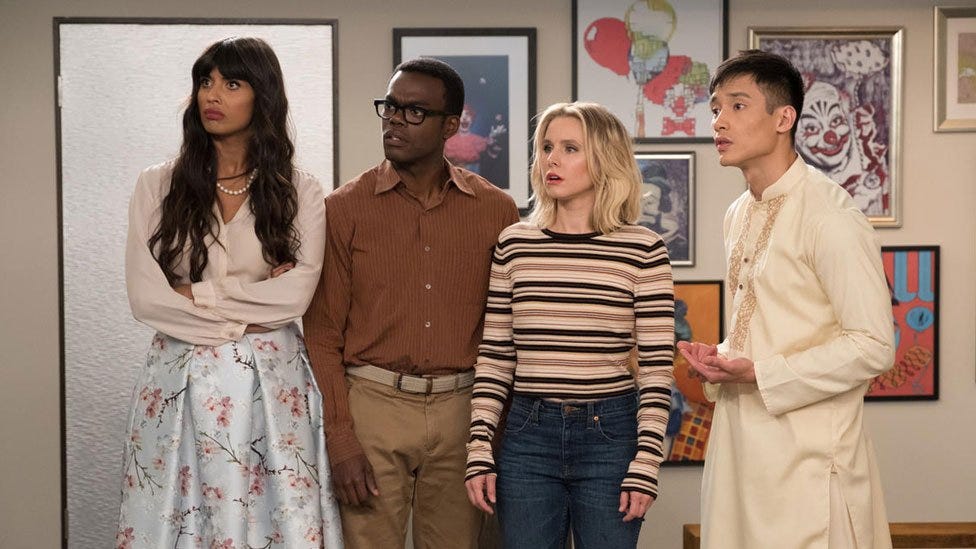


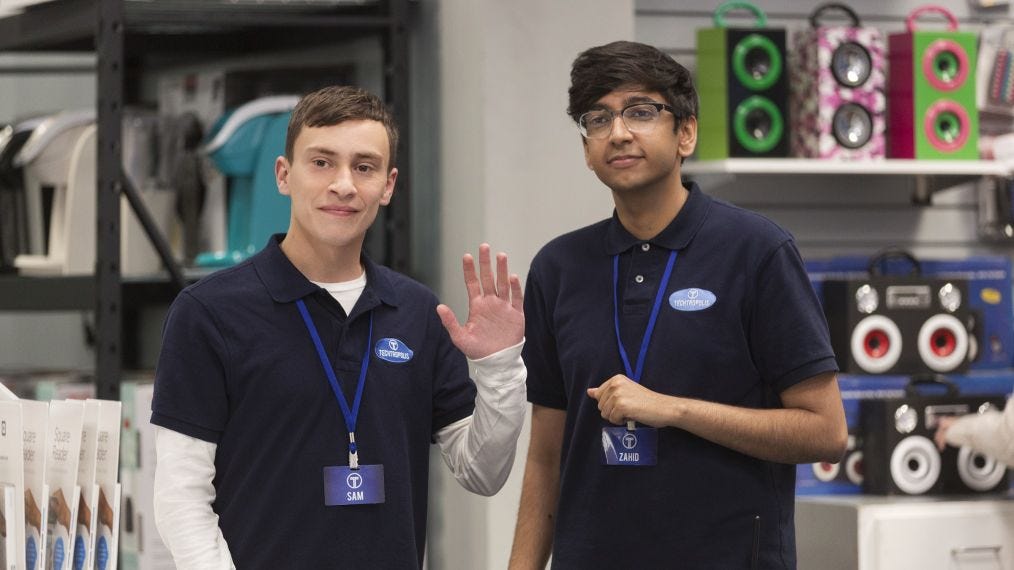
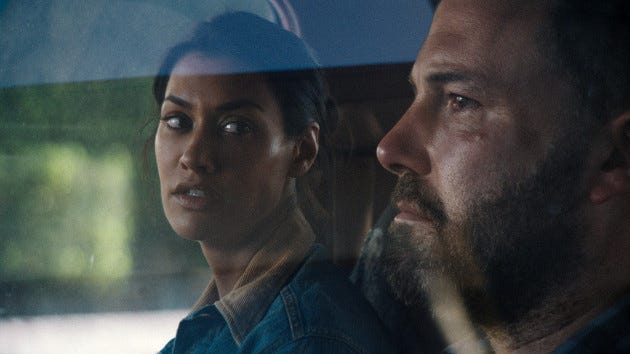
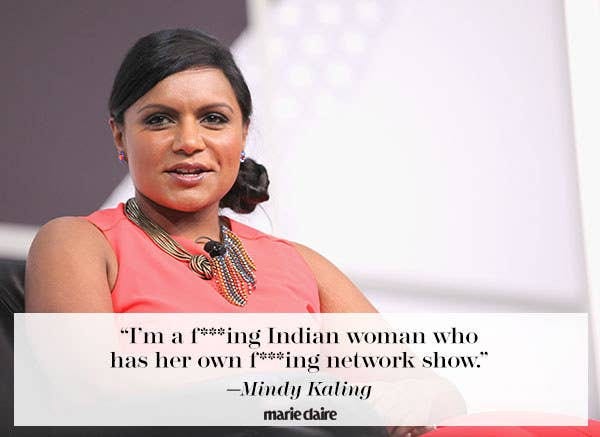
Love this line: "While I can acknowledge that things have gotten better, I refuse to believe that wanting more is a bad thing."